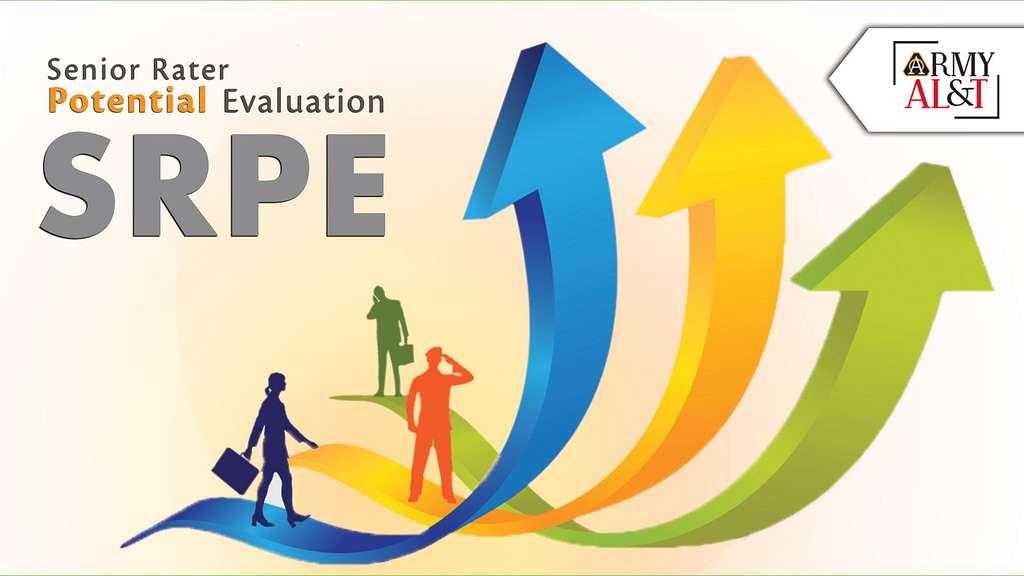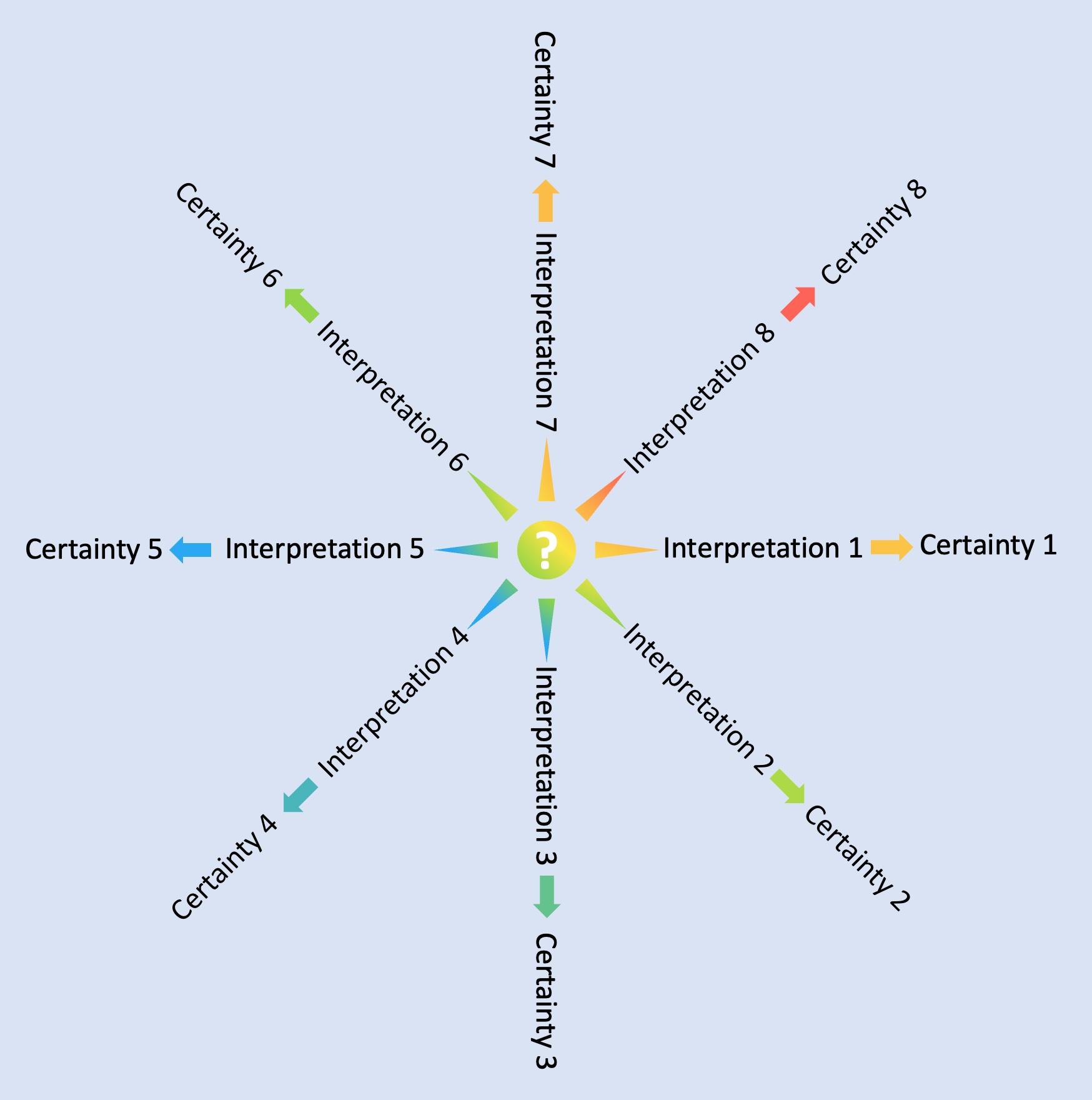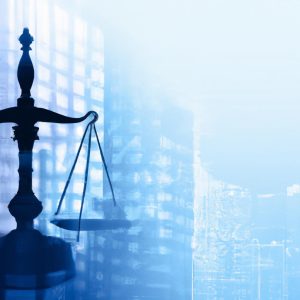In the intricate realm of trusts, the dynamics between trustees and beneficiaries often spark debates on who truly wields more power within the confines of a trust arrangement. As seasoned practitioners in the field of estate planning, the Morgan Legal Group delves into the nuances of this age-old inquiry to decipher the intricate balance of power between trustees and beneficiaries. Join us as we navigate the murky waters of trust law to uncover the underlying layers of authority and influence embedded in these intricate legal relationships.
Trustee’s Fiduciary Duties and Authority
In the realm of trusts, the trustee holds a position of significant power and authority, as they are tasked with managing and administering the trust assets for the benefit of the beneficiaries. However, it is crucial to understand that the trustee’s power is not absolute and is governed by fiduciary duties that must be upheld at all times. These duties include:
- Duty of loyalty: The trustee must act in the best interests of the beneficiaries and avoid conflicts of interest.
- Duty of prudence: The trustee must make investment decisions with care, skill, and caution.
- Duty of impartiality: The trustee must treat all beneficiaries fairly and impartially.
While the trustee has the authority to make decisions regarding the trust assets, it is important to remember that their ultimate goal should always be to benefit the beneficiaries. The trustee’s power is not meant to be used for personal gain but to serve the best interests of those who stand to benefit from the trust.

Balancing Power Dynamics in Trust Relationships
In a trust relationship, the balance of power between a trustee and a beneficiary can be a delicate one. While both parties have specific rights and responsibilities outlined in the trust agreement, the trustee generally holds more power and authority in the relationship. This is because the trustee is responsible for managing the trust assets and making decisions on behalf of the beneficiary.
However, it is essential for trustees to remember that they have a fiduciary duty to act in the best interests of the beneficiary. This duty includes being transparent in their actions, communicating openly with the beneficiary, and making decisions that align with the beneficiary’s wishes and needs. By maintaining open communication and a respectful relationship, trustees can help ensure that the power dynamics in the trust relationship remain balanced and that the best interests of the beneficiary are always the top priority.

Maximizing Benefits for both Trustees and Beneficiaries
When it comes to the power dynamic between a trustee and a beneficiary, it is essential to understand that each party has distinct roles and responsibilities within a trust agreement. While trustees are tasked with managing and distributing assets in accordance with the trust’s terms, beneficiaries are entitled to receive the benefits outlined in the trust. Both parties play crucial roles in ensuring the successful administration of the trust and maximizing the benefits for all involved.
Trustees wield power in making decisions about investments, distributions, and other trust matters, but beneficiaries also have rights that must be respected. It is crucial for trustees to communicate effectively with beneficiaries, provide regular updates on the trust’s status, and act in the best interests of all beneficiaries. By fostering a collaborative relationship based on transparency and trust, trustees can ensure that beneficiaries receive the full benefits they are entitled to while protecting the integrity of the trust. Trusts are complex legal instruments that require careful navigation to maximize benefits for both trustees and beneficiaries. Providing a clear understanding of each party’s roles and responsibilities can help prevent disputes and ensure the trust’s long-term success. By working together towards a common goal, trustees and beneficiaries can create a positive and productive relationship that benefits all parties involved.
| Trustee Responsibilities: | Beneficiary Rights: |
| Managing and distributing assets | Receive benefits outlined in the trust |
| Communicating effectively with beneficiaries | Regular updates on trust’s status |
| Acting in the best interests of beneficiaries | Transparency and trust in decision-making |

Navigating Potential Conflicts of Interest
When it comes to the balance of power between a trustee and a beneficiary, it is essential to understand the dynamics at play to navigate potential conflicts of interest effectively. While both parties have distinct roles and responsibilities, the power dynamics can shift depending on the specific circumstances and the terms of the trust.
- Trustee: the trustee is entrusted with managing the trust assets and carrying out the terms of the trust document. They have a fiduciary duty to act in the best interests of the beneficiaries and must avoid any conflicts of interest that may arise.
- Beneficiary: the beneficiary is entitled to receive the benefits of the trust as outlined in the trust document. While they do not have control over the trust assets, they have the right to ensure that the trustee is fulfilling their duties accordingly.
In cases where conflicts of interest may arise, it is crucial for both parties to communicate openly and transparently to address any potential issues. By establishing clear lines of communication and setting expectations from the outset, trustees and beneficiaries can work together effectively to achieve the goals of the trust. Ultimately, both parties must prioritize the best interests of the trust and its beneficiaries to avoid any disputes or misunderstandings that may arise.
Q&A
Q: Who has more power, a trustee or beneficiary?
A: Both trustees and beneficiaries play important roles in a trust, but ultimately, the trustee holds more power in terms of managing and distributing trust assets.
Q: What is the role of a trustee in a trust?
A: A trustee is responsible for managing the trust assets in the best interests of the beneficiaries. They must follow the terms of the trust and act in a fiduciary capacity.
Q: What is the role of a beneficiary in a trust?
A: Beneficiaries are individuals who are entitled to benefit from the trust assets. They have the right to receive distributions as outlined in the trust document.
Q: Can a beneficiary override a trustee’s decisions?
A: While a beneficiary can petition the court if they believe a trustee is not acting in their best interests, ultimately the trustee has the authority to manage and distribute trust assets as outlined in the trust document.
Q: How can beneficiaries protect their interests in a trust?
A: Beneficiaries can review the trust document to ensure their rights are being upheld, communicate openly with the trustee, and seek legal advice if they have concerns about the trustee’s actions.
In Retrospect
In conclusion, the balance of power between a trustee and beneficiary is a delicate dance that must be performed with care and consideration. While the trustee may hold the legal authority, the beneficiary ultimately holds the power of control through their ability to influence decisions and hold the trustee accountable. It is this dynamic relationship that ensures the proper administration of trust assets and the protection of the beneficiary’s interests. Ultimately, it is the collaboration and mutual respect between trustee and beneficiary that determines who holds the most power in the trust relationship.












